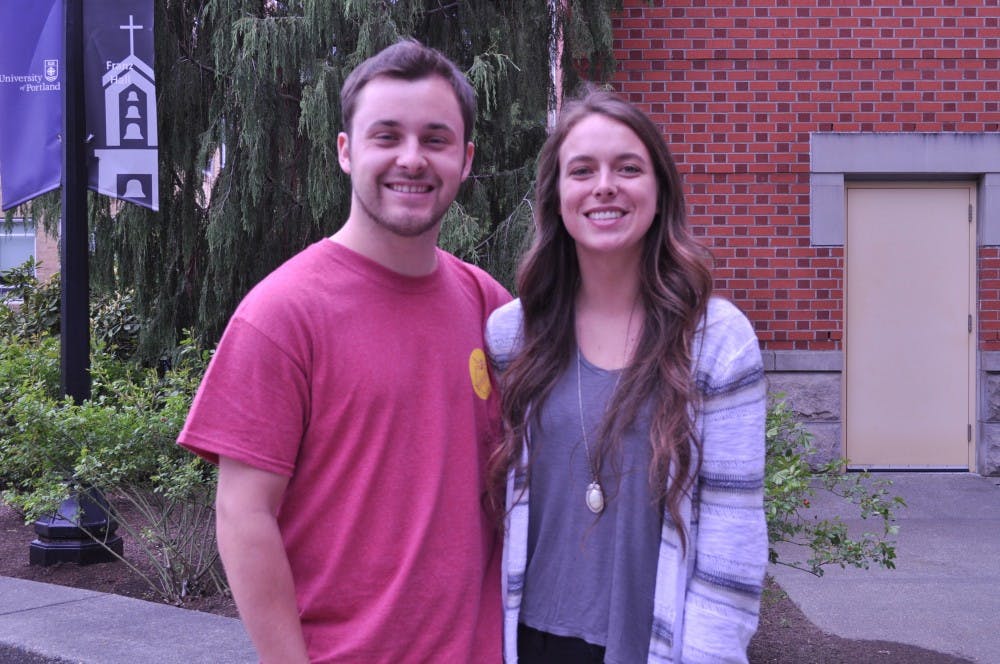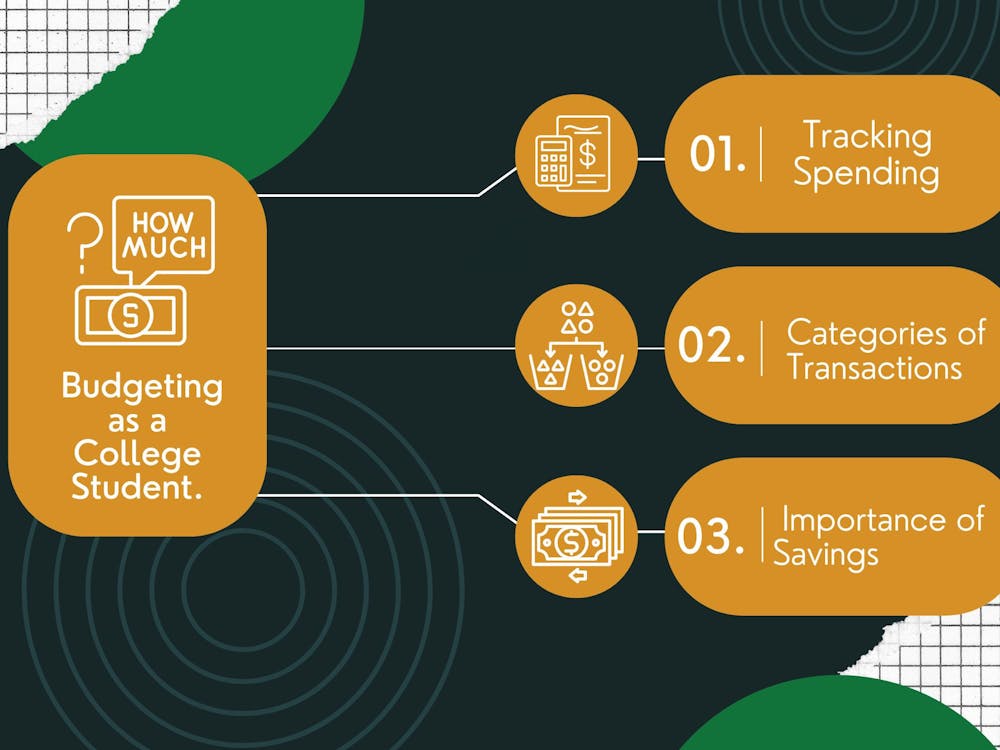Deciding what to do after you graduate is daunting. From applying to jobs, to finally throwing away that clown suit — because you never had to resort to dropping out of college and becoming a clown — and finally realizing that you’re an adult, life after college is hard. But sometimes students know they don’t want to fill out those job applications just yet, they want to take a chance to do something extraordinary.
You’re probably wondering: “Well, what can I do with my newfound freedom?” Here are some suggestions: join the Peace Corps, work for Nuestros Pequeños Hermanos (Our Little Brothers and Sisters) or take a year long trip traveling the Pan-American Highway. Why are these suggestions so specific? Because four seniors are about to take on these extremely rad adventures and make the most out of their first year straight out of college.
Joining the Peace Corps and traveling all the way to Namibia is not something that every college kid dreams of doing after they graduate, but Brooke Holmes knew she wanted to embark on something life changing.
“Ever since high school, I knew I wanted to do something like that at some point in my life,” Holmes said. “I figured there’s never going to be a better chance or time to do this but now. And if I don’t take it, I’m always going to wonder what it would have been like to do it.”
One of the remarkable — and kind of scary — parts of the Peace Corps is the fact that you are assigned a city that you know nothing about. But this is completely exciting to Holmes, who will be teaching a variety of sciences to children in the city/town she will be located in and plans to spend two and a half years in Namibia.
“One of the biggest complaints I’ve heard is that, ‘I wasn’t prepared for what kind of (reflective) experience I was going to have.’” Holmes said. “In reality, in two and a half years, in a single position, as a single human being in an area that is so flawed in so many ways ... you’re not going to make a big difference. You can affect people’s lives, but realistically you don’t have that capability to really change the world.”
In addition to making this trek to Namibia, Holmes will be facilitating the immersion trip to Nicaragua with fellow senior Noah Forrest.
Forrest on the other hand, will be making his way toward Honduras to work for Nuestros Pequeños Hermanos (Our Little Brothers and Sisters). NPH is an organization that helps orphaned or vulnerable children have a place to call home and in turn helps them become involved members in their society by teaching them responsibility, sharing, a quality work ethic and giving them love and security.
“I applied for the home in Honduras because they have a medical center and I’m interested in medicine,” Forrest said. “But I didn’t get the job in the medical center because the person who had it last year decided to do it again. So I’m going to be working in their school, and I’ll be splitting (my) time in the surgery center.”
Forrest’s plan after spending a year in Honduras is to possibly go to medical school, and he thinks that working in the medical center in the Honduras will benefit him in the long run.
“The reason I didn’t go straight into med school is because I wanted to get more clinical hours, and that’s why I applied to this surgery center position, so I know kind of what I’m getting into a little bit more,” Forrest said. “I just wanted to make sure that’s what I wanted to do before I sell my soul to medical school.”
Now that we’ve traveled from Namibia to Honduras, let’s keep going south shall we? This time, with Taylor Zehren and Mitch Gilbert, who are traveling the Pan-American Highway — which runs from Seattle to the tip of South America — for a whole year.
“We’ve integrated an independent research component of the trip where we’re partnering with a non-profit called AIDA, which is an international environmental law firm,” Zehren said. “And essentially we select a prominent environmental issue within each country (we visit) and look at how it affects the local people.”
So while they are traversing through these different countries during their trip, Zehren and Gilbert will be conducting interviews with locals and the lawyers and scientists from the non-profit organization in order to gain more information.
With this information they are planning to write a book, but something on the more photojournalism side of things. But how does one just come up with this idea to travel the Pan Am highway?
“We met a couple once a while back who were doing a similar trip, they had just bought a beater car and said they were driving to Nicaragua,” Gilbert said. “We were trying to figure out what we wanted to do and we knew we wanted it to be some kind of a big formative adventure and not really jumping straight into the working world or the post-grad world.”
Natasa Kvesic is a staff writer for The Beacon. She can be reached at kvesic19@up.edu.








